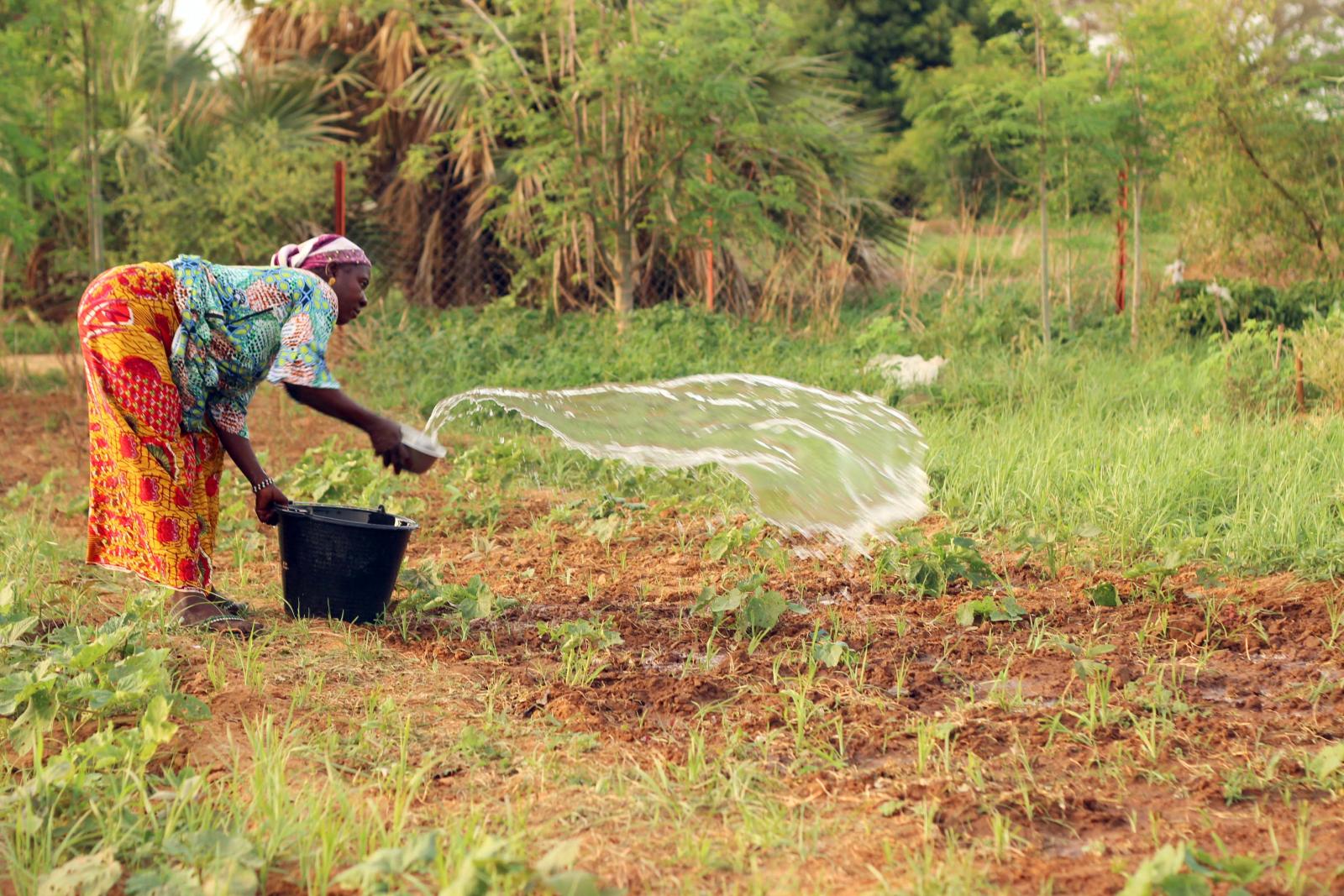
International Climate Change Negotiations: Leveraging LoCAL Experience in Support of Climate Change Negotiations
UN Capital Development Fund
The Local Climate Adaptive Living (LoCAL) facility, hosted by the UN Capital Development Fund (UNCDF), was designed to promote climate change-resilient communities and local economies by establishing a standard, internationally recognised country-based mechanism to channel climate finance to local government authorities in developing countries, in particular the least developed countries (LDCs), the Small Islands Developing States (SIDS) and African nations. It thus aims to contribute with climate action and implementation, through the local level, to the country’s achievement of the Paris Agreement and the Sustainable Development Goals – particularly poverty eradication (SDG 1), sustainable cities and communities (SDG 11) and climate action (SDG 13). The LoCAL Mechanism increases local level climate change awareness and capacities, including by integrating climate change adaptation into local government planning and budgeting in a participatory and gender-sensitive manner, and increases the financing available to local governments for climate change adaptation. LoCAL combines performance-based climate resilience grants (PBCRGs) – which ensure programming and verification of climate change expenditures at the local level while offering strong incentives for performance improvements in enhanced resilience – with technical and capacity-building support.
In this regard, this course has been designed to build a solid understanding of the negotiating environment under adaptation for LoCAL Member Countries. It does so by first looking at the negotiation environment provided by the UN Framework Convention on Climate Change (UNFCCC), including its governing bodies, subsidiary bodies, negotiating groups and the financial mechanisms available, while identifying LoCAL's coordinates within this environment. It continues by zooming into the climate change adaptation pillar, while discussing the most prominent adaptation milestones under the UNFCCC. Here, the course returns to LoCAL identifying its contribution under various articles of the convention itself, but also under the Paris Agreement, especially Article 6.8 which refers to the non-market adaptation mechanisms. Finally, the course offers an entire module on fundamentals of negotiation, strategies and tactics applied in international conferences.
Learning Objectives
- Explain how the UNFCCC provides a framework for international cooperation to address climate change.
- Discuss the roles of the different governance bodies and negotiating groups under the UNFCCC.
- Explore the financial mechanisms set up under the UNFCCC.
- Examine the key adaptation milestones set up under the UNFCCC including the Paris Agreement and its non-market mechanisms for climate change adaptation
- Review negotiation skills and techniques to foster collective objectives for negotiating groups under the UNFCCC.
The course is self-paced and adapted to the schedule of full-time working professionals. The course is presented in three modules and we highly recommend to be taken in the order in which they are presented:
-
1. The United Nations Framework Convention on Climate Change (UNFCCC)
Five interactive lessons discussing the UNFCC framework for international cooperation to address climate change, covering governing and subsidiary bodies, negotiating groups and financial mechanisms and a case study (Financing Local Climate Adaptation in LDCs).
-
2. Adaptation under the UNFCCC
Three interactive lessons describing adaptation milestones and highlights under the UNFCCC and the LoCAL mechanism
-
3. International Conferences: fundamentals of negotiation, strategies and tactics
Two interactive lessons investigating the fundamentals of negotiation, strategies and tactics at international climate conferences.
This course is self-paced and adapted to the schedule of full-time working professionals. The three modules of the course are self-standing.
Participants are provided with the opportunity to learn through various experiences: absorb (read and watch), interact (activity) and reflect (relate to one’s own reality). The lessons are interactive, meaning that they make use of clickable objects, such as buttons, hotspots, tabs, accordions, flipping cards, videos, etc. Moreover, within each lesson, users will find activities that will help them to focus on the key concepts presented. To complete each module, in addition to the interactive lessons, learners will have to pass a short knowledge check, such as multiple-choice questions.
Completion requirements
The successful completion of the course rewards the learner with a certificate. To complete the course, the learner must complete all three modules and pass each associated quiz with a minimum grade of 70% from no more than three attempts.
The primary target audiences of this course are:
UNFCCC national negotiators from LoCAL countries who are new to the function or wish to update their prior knowledge, who wish to understand the international context and who seek to support adaptation actions and address climate change, including new streams of work such as non-market approaches as referred to in Article 6.8 of the Paris Agreement.
This e-course also offers valuable knowledge and insights for the following audiences:
- Technical experts and practitioners involved and wanting to enhance their understanding of the UNFCCC process, negotiations and meetings;
- Observer organizations with an interest in advancing climate action, focusing on local climate change adaptation;
- Any interested individuals wanting to improve their understanding of how the international negotiations on adaptation work and ways in which countries can engage and influence the process.

